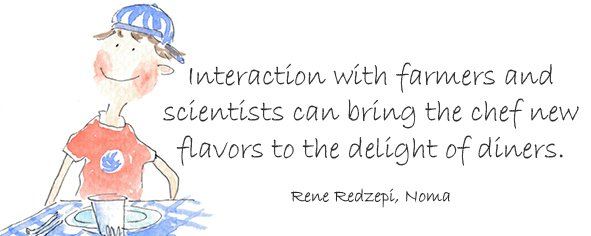Milk/dairy 200 g Woman +0.10 years Man +0.12 years
Milk/dairy 200 g Woman +0.10 years Man +0.12 years
What is your first childhood memory of milk? I remember a glass of cold milk where you dipped warm homemade cinnamon buns as a child. We went on a driving holiday through the Alps, and at an inn, I got warm milk stuck in my throat.
For an interview, I spent a day at Wapnö farm, which has dairy. The milkman’s name was Clausen, and he was from Denmark. I got to taste straight from the production line, and Clausen drank 3 liters of milk daily. The milk sugar didn’t whiten his teeth.
Effects: The most crucial carbohydrate in dairy products is lactose, a milk sugar consisting of the two simple sugars glucose and galactose. Nordics are the ones who have the easiest time breaking down lactose, while a large part of the world’s adults are lactose intolerant.
Dairy products increase the release of the protein IGF-1, which has been linked to a greater risk of prostate, breast, and colorectal cancer.
https://pubmed.ncbi.nlm.nih.gov/31089868/
https://pubmed.ncbi.nlm.nih.gov/28361446/
The link is still uncertain, and evidence suggests that the type of dairy products eaten plays an essential role in the outcome.
https://pubmed.ncbi.nlm.nih.gov/31089741/
A study of 778,929 people suggested that while total dairy products did not increase the risk of cancer mortality, full-fat milk increased the risk of dying from prostate cancer.
https://pubmed.ncbi.nlm.nih.gov/27765039/
In contrast, reduced cancer risk and protection against diabetes and heart disease are associated with fermented dairy products such as kefir and yogurt with probiotics.
The study “Estimation of the impact of food choices on life expectancy” shows that reducing dairy products makes you live a little longer. For example, there is a longer lifespan with 200 g milk/dairy per day for a 20-year-old consuming 2322 kcal: Woman +0.10 years, Man +0.12 years.
Fadnes LT, Økland J-M, Haaland ØA, Johansson KA (2022) https://journals.plos.org/plosmedicine/article?id=... Estimating impact of food choices on life expectancy: A modeling study.) https://food4healthylife.org https://priorityapp.shinyapps.io/Food/
Tip: Milk from grass-fed and pasture-raised cows produces healthier and more environmentally friendly dairy products. Buy organic and use low-fat milk and dairy products with fat content. Eat fermented milk products and avoid those that load us with saturated fat, like butter and cream.



